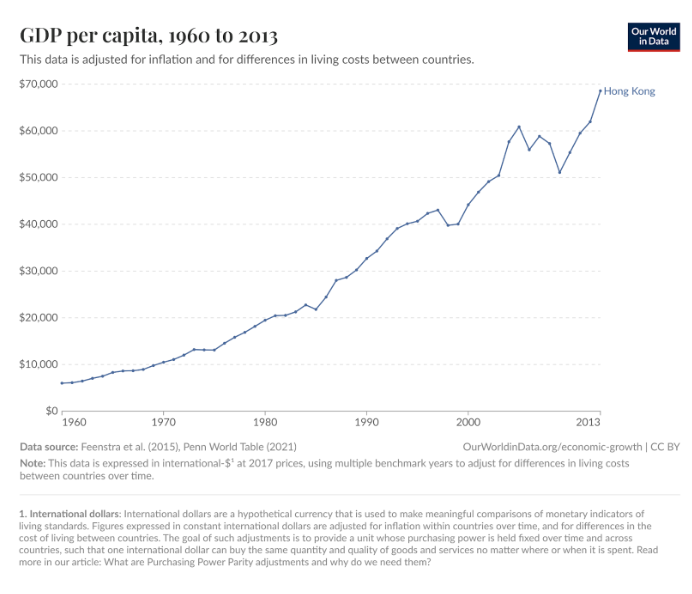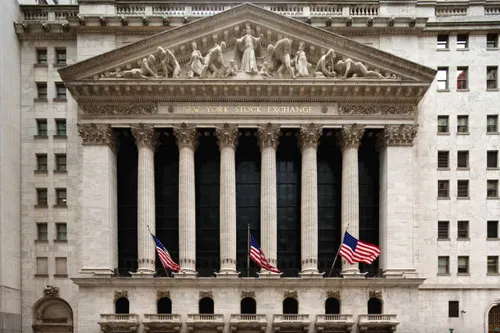As the tariff debate heats up again, a new ideological group has emerged: defenders of retaliatory tariffs who still claim to support free markets.
Their stance differs from the old protectionist arguments about “saving jobs” or shielding domestic industry from foreign competition. Instead, they say: “We don’t like tariffs. But since real free trade doesn’t exist — and countries like China already distort trade with subsidies and tariffs — we have to retaliate to level the playing field.”
The argument sounds pragmatic. But beneath the surface, it rests on the same fundamental misunderstanding as any other form of protectionism.
Static Models, Dynamic Reality
The core illusion of protectionism is the belief that nations are the true actors in trade. It imagines trade as a geopolitical chessboard, with each government moving its pawns — imposing tariffs, retaliating, conceding — in pursuit of “fairness.” The goal becomes symmetry, as if harmony can be achieved by matching protectionism with protectionism.
But this is a flawed concept. As Mises explained, “It is not nations that trade, but individuals.” When we speak of “China” or “America” taking trade actions, we obscure the reality: millions of entrepreneurs and consumers making voluntary exchanges. Trade wars aren’t battles between coherent nations — they’re government policies that often end up hurting their own citizens the most.
So why do even some free-market thinkers fall into this nationalist framing? Often, it stems from a static view of the economy — one that sees markets as machines for efficiently allocating known resources to known ends. Within this framework, tariffs are harmful only because they distort this allocation. But if another country distorts trade first, retaliatory tariffs seem justified to “restore balance.”
Though it may appear consistent with free-market logic, this belief still rests on what Hayek called the fatal conceit — the illusion that policymakers can steer markets or outthink the spontaneous order of individual choices and decentralized discovery.
As Israel Kirzner emphasized, the core function of markets is not optimization but discovery. Markets are not machines for distribution — they are dynamic processes of entrepreneurial alertness. They allow individuals to uncover new uses for resources, detect overlooked opportunities, and adapt to unforeseen shocks in spontaneous, decentralized ways.
This is the true engine of progress. Thousands of years ago, humans had access to many of the same physical materials we do today. What changed wasn’t doing the same old thing more efficiently — it was the knowledge. Prosperity emerged not from given inputs, but from the continuous discovery of new, better ways to use them.
In other words, the knowledge needed for human flourishing has never been a given. It has always lived in darkness — unknown, unseen, and waiting to be discovered. That’s why markets matter: they are our method for feeling our way through that darkness.
But this process depends entirely on the freedom of market signals. Prices, profits, and losses form a kind of social sensory system — a network of lamps that guide us through the unknown. These lamps are our only source of direction, the only tools for communicating all our individual, entrepreneurial knowledge that no central planner can access — because that knowledge is dispersed, tacit, and ever-changing.
Tariffs — whether imposed first or in retaliation — are like blindfolds. They block the signals that entrepreneurs rely on to adapt, discover, and solve problems, leaving society blind to the possible solutions and opportunities.
The Irreversibility of Lost Discovery
Some argue, “We don’t like tariffs. We’re just using them temporarily to pressure others to drop theirs.” This stance also suffers from the same static blind spot: it treats short-term distortion as an acceptable price to pay for long-term balance, and fails to understand that the damage is not just the visible cost of more expensive imports. It is the unseen loss of all the innovations, adaptations, and discoveries that could have happened — but won’t.
Huerta de Soto takes this further by emphasizing that entrepreneurial knowledge is not only dispersed — it is exclusive, subjective, and unrepeatable. Each insight, each profit opportunity, belongs to a particular time, person, and context. If that opportunity is lost — if someone misses the “entrepreneurial train” — it may be gone forever. Not only might they never board it again, but no one else may ever discover the same insight under the same conditions.
This means the cost of tariffs is not just “temporary misallocation.” It is the permanent burial of paths not taken. Retaliatory tariffs are not a pause button — they are a gate slamming shut on unrealized futures. The opportunity cost is not just a cheaper import, but the better world that could have been built through competitive discovery and creative destruction.
The Light We Have Left
If a foreign country has already disrupted market signals by imposing trade barriers, then the flow of knowledge has already been dimmed. But retaliatory tariffs don’t restore clarity — they just put out more lamps. In such a situation, the solution is not to mimic their mistakes. It’s to do the opposite: to open the flow of market signals wherever we still can, so that entrepreneurs can work around the distortions imposed by others.
Just as a doctor doesn’t respond to a broken leg by breaking the other one for symmetry, a free society doesn’t respond to blocked trade by blocking more of it. We respond by preserving whatever space remains for creativity, competition, and adaptation.
Consider Hong Kong. Throughout the twentieth century, it faced an uneven playing field. The US, Britain, and most major economies imposed tariffs, subsidies, and restrictions. But Hong Kong refused to retaliate. It chose unilateral free trade — even in the face of foreign protectionism.
The result? One of the richest and most dynamic economies in the world. Its port boomed, its industries adapted, and its people rose from poverty to prosperity — not because it “negotiated better deals,” but because it kept the lights of discovery on while others turned theirs off.

This is the counterintuitive truth that defenders of retaliatory tariffs miss: even when others close doors, keeping your own open creates the conditions for innovation, adaptation, and growth. It is precisely in the presence of global distortion that preserving your own market process becomes most important.
Unilateral free trade isn’t utopian. It’s realistic — because it trusts the only system that has ever delivered peace, prosperity, and innovation: entrepreneurial freedom, guided by open signals, not state commands.
Anurag Dhole is a seasoned journalist and content writer with a passion for delivering timely, accurate, and engaging stories. With over 8 years of experience in digital media, she covers a wide range of topics—from breaking news and politics to business insights and cultural trends. Jane's writing style blends clarity with depth, aiming to inform and inspire readers in a fast-paced media landscape. When she’s not chasing stories, she’s likely reading investigative features or exploring local cafés for her next writing spot.






